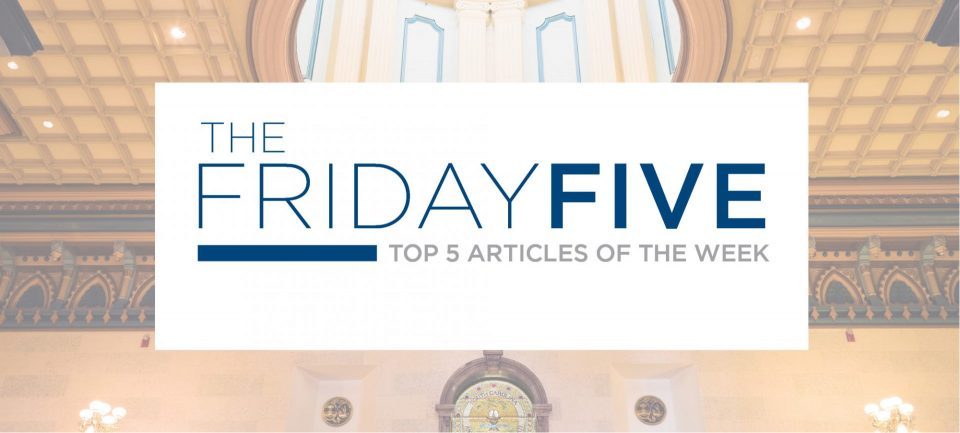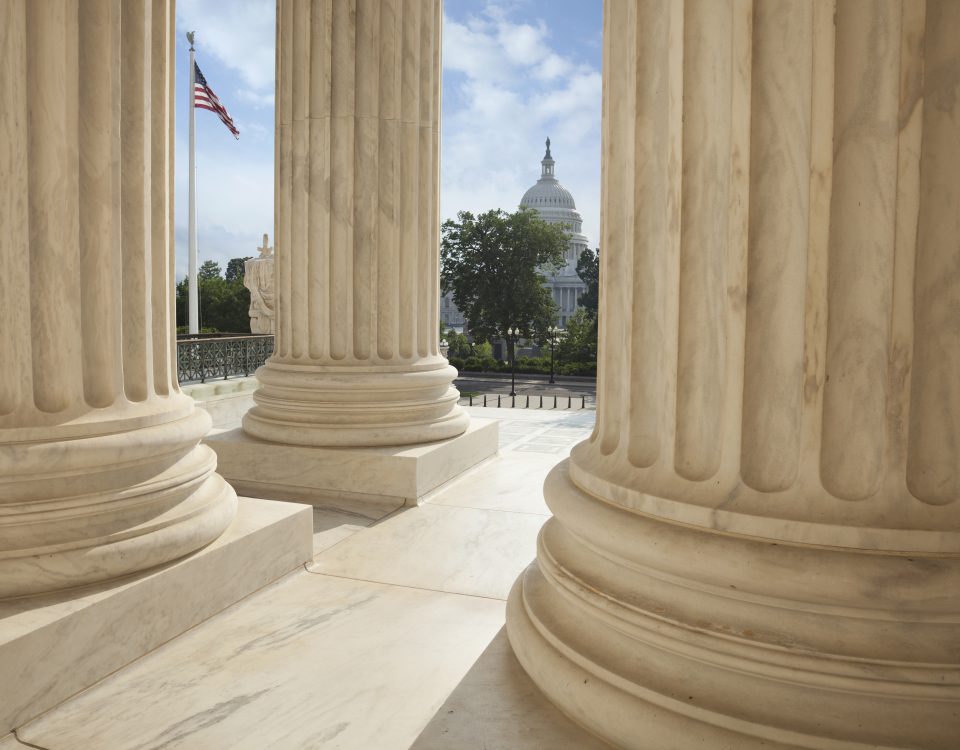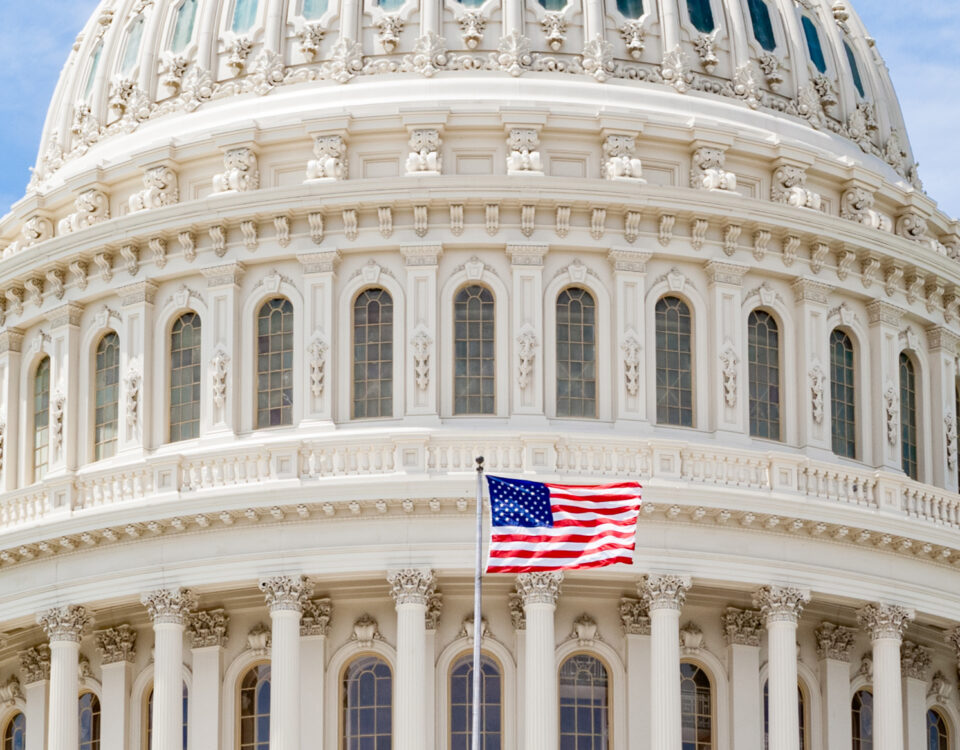
The Friday Five 4.12.2019
April 12, 2019
It’s Time to Move the Pension Reform Bill
April 17, 2019New Overtime Rules Proposed

Last month, on March 7, 2019, the U.S. Department of Labor introduced a new proposal for Overtime Laws. This proposal, introduced by the Wage and Hour Division of the Department of Labor, would increase the maximum salary threshold at which workers are entitled to receive overtime benefits. The new salary level which was previously $455 per week will increase to $679 per week, making millions of Americans newly eligible to receive overtime. The proposal also includes an increase to the annual compensation requirement for “highly compensated employees”, from the level of $100,000 to $147,414 per year. The Notice of Proposed Rulemaking also details a new commitment to consistently conducting periodic reviews of the salary threshold, as well as allowing employers to use bonuses, incentives and commissions to satisfy up to 10 percent of the salary level. However, the notice does not include changes in overtime for police, firefighters, paramedics, nurses, laborers (production lines) and non-management employees in maintenance, construction and similar fields. The proposal does not include any automatic adjustments to the salary threshold.
The Secretary of Labor, Alexander Acosta, stated that he believes the proposal brings “common sense, consistency, and higher wages to working Americans.” If the proposal is accepted and finalized, it would be the first increase to the salary level since 2004, and comes after an overwhelming push for updates to the previous salary level across America. Overtime laws are currently set by the Fair Labor Standards Act, which ensures that employees below the threshold are entitled to overtime pay. Overtime generally kicks in when an employee below the threshold works more than 40 hours in a week, and the standard rate is 1.5 times the employee’s hourly rate. Currently, the exempt threshold is approximately $23,700 annually. This previous threshold for overtime was below the 2018 Poverty Line, $25,100 for a family of four, as established by the office of the Assistant Secretary for Planning and Evaluation. The new threshold increases to approximately $35,300 a year, well above this poverty line.
This proposal, if made into law, would change the economic reality of one million Americans, allowing them to be guaranteed overtime pay. In 2016, the Obama Administration proposed an increase to the threshold that would expand overtime pay to about four million Americans. The plan increased the threshold to about $48,000 a year, and overwhelmed many small businesses. This proposal was struck down by a federal judge, who claimed that the high threshold would include some management positions, which are supposed to remain separate from overtime protections under the white-collar exemption. The overly ambitious proposal aimed to increase from 7 percent of workers eligible for overtime protections, to 35 percent of salaried workers in the United States, which is an unprecedented jump.
The Greenville Chamber, and Upstate Chamber Coalition’s position was that such a wide-ranging rule should go through Congress before being implemented. That was also the basic position taken by business groups, the U.S. Chamber, and the 21 states (including South Carolina) that filed the original lawsuit. The Trump Administration asserted throughout their campaign that the edits to Fair Labor Standards Act and the overtime rule were prime examples of the overreaching policies of the Obama Administration. President Trump and his team hope that their proposed increase to the threshold will be reasonable enough to create some positive change and update the threshold to match our current economy, while still only assisting non-exempt workers and not creating undue strain on U.S. business.
Since this notice was officially filed on March 22nd, the comment period is open until May 21st, 2019. The timeline in which this notice was published allowed for ample questions by introducing the notice well before filing. Many concerns from members of affected communities have been answered through the six in person listening sessions held last fall across the United States. The comment period allows for employers and employees alike to express their opinions and ask questions before the notice becomes finalized. Comments may be submitted through many avenues, including the government regulations website.



